Biology Definition Vascular System
Lymph is a clear fluid that comes from blood plasma which exits blood vessels at capillary beds. Open Circulatory System Definition.

What Is Human Circulatory System Human Heart Circulation System Biology Letstute Youtube
The system of plant tissues that conducts water mineral nutrients and products of photosynthesis through the plant consisting of the xylem and phloem.
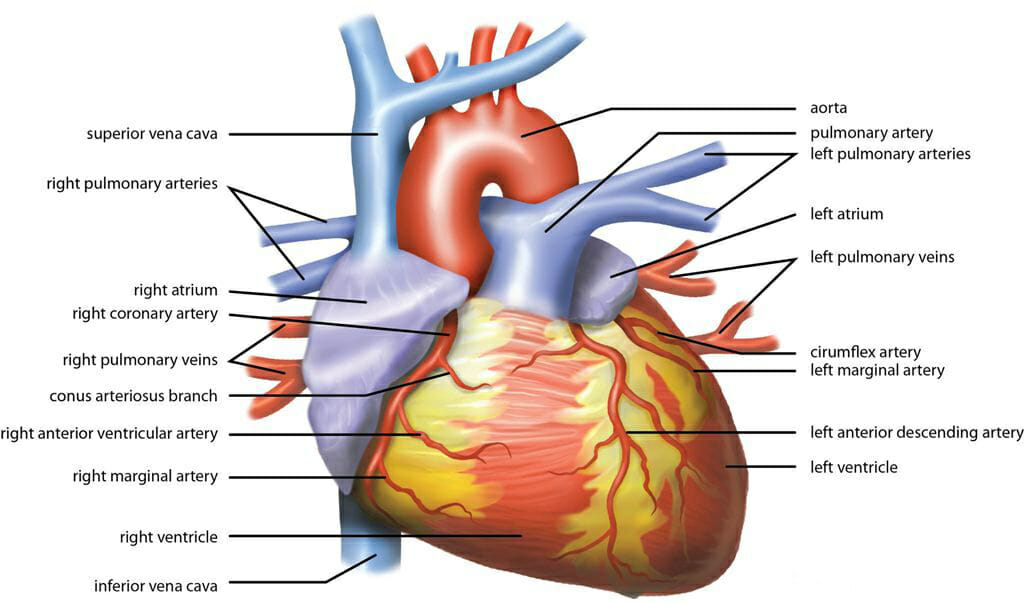
Biology definition vascular system. Vascular plants use their vascular tissue to transport water and. Animals with a closed circulatory system tend to have higher blood pressure. The vascular system involves the heart and blood vessels.
The blood is also able to. The lymphatic system is a vascular network of tubules and ducts that collect filter and return lymph to blood circulation. The arteries and veins carry blood throughout the body delivering oxygen and nutrients to the body tissues and taking away tissue waste matter.
Open circulatory systems use hemolymph instead of blood. While arteries carry blood away from the heart the veins in most cases carry blood back to the heart. The blood vessels include arteries which are tubes that transport blood from your heart to the rest of your body and veins which return the blood to your heart.
The cardiovascular system includes the heart the blood and the blood vessels. Vascular tissue is an arrangement of multiple cell types in vascular plants which allows for the transport of water minerals and products of photosynthesis to be transported throughout the plant. To and from cells in the body to help fight diseases and help stabilize body temperature and pH to.
A system of closed fluid-filled tubes and ducts of echinoderms used in clinging locomotion feeding and respiration. These include both vascular smooth muscle cells and pericytes. This fluid becomes the interstitial fluid that bathes tissues and helps to deliver nutrients and oxygen to cells.
It also plays a crucial role in water homeostasis electrolyte and acid-base balance and red blood cell productionThe human urinary tract is comprised of two kidneys two ureters one bladder two sphincters and one urethra. Open circulatory systems are systems where blood rather than being sealed tight in arteries and veins suffuses the body and may be directly open to the environment at places such as the digestive tract. An emerging area of vascular biology research is the role of perivascular support cells mural cells in blood vessel function.
The cardiovascular system sometimes called the circulatory system which could also include the lymphatic system is responsible for the transport of materials through the body. The urinary system produces stores and excretes urine via a filtration mechanism in which potentially harmful molecules are removed from the body. One of the four main tissue systems in plants.
Veins carry oxygen-poor blood back to your heart. Non-vascular plants such as some algae and moss do not have vascular tissue and therefore cannot easily transport water and nutrients. Your vascular system is made up of vessels that carry your blood throughout your body.
Also plays a role in supporting the plant. This hemolymph performs the functions of blood lymph and intestinal fluid which are three. Both have contractile ability and function to support needs of the endothelial cell within a blood vessel.
Look it up now. Your blood leaves the left side of the heart and is pumped out to the rest of your body. Vascular system The circulatory system is an organ system that passes nutrients gases hormones blood cells nitrogen waste products etc.
Arteries carry oxygen-rich blood away from your heart. Many animals have a closed circulatory system where the blood is maintained in vessels and pumped by a heart. The circulatory system also called the cardiovascular system or the vascular system is an organ system that permits blood to circulate and transport nutrients such as amino acids and electrolytes oxygen carbon dioxide hormones and blood cells to and from the cells in the body to provide nourishment and help in fighting diseases stabilize temperature and pH and maintain homeostasis.
Circulatory system refers to the heart and a network of blood vessels that move blood nutrients and oxygen throughout the body The circulatory system consists of the heart capillaries arteries and veins. Some organisms such as many mollusks have an open system where the blood washes over and around tissues. The vascular system also called the circulatory system is made up of the vessels that carry blood and lymph through the body.
These substances include oxygen nutrients hormones and waste products. Vascular system Specialized tissues for transporting þuids and nutrients in plants.
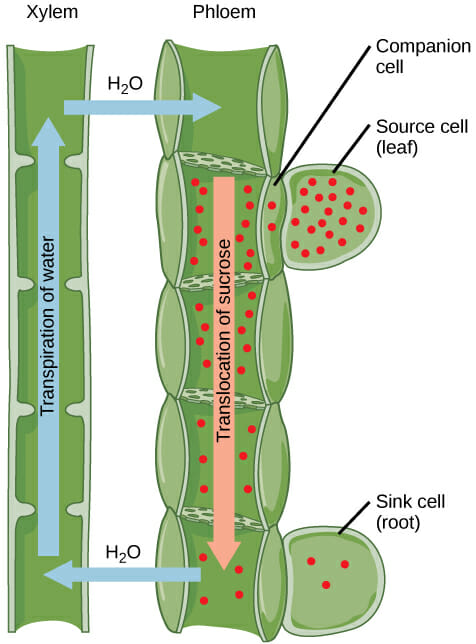
Vascular Plant Definition Examples Structure Biology Dictionary
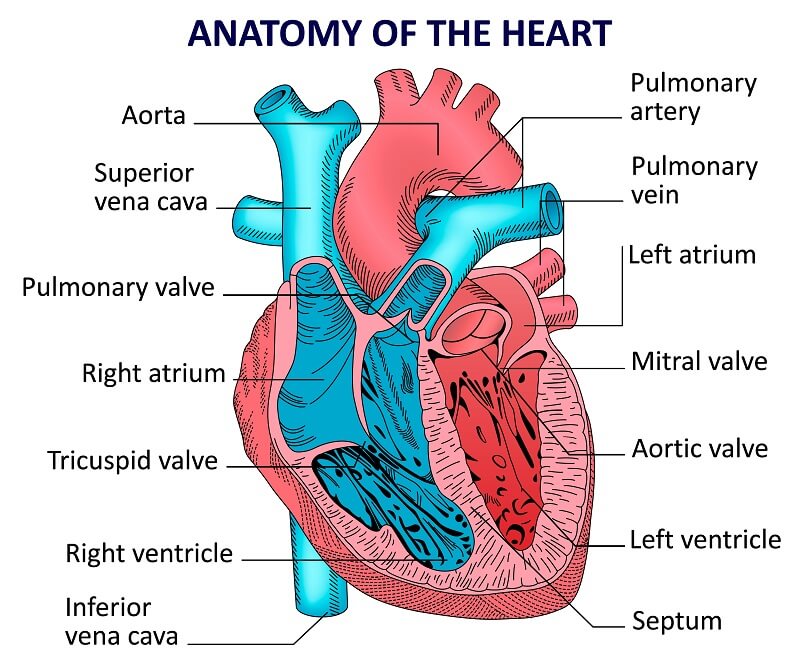
Circulatory System The Definitive Guide Biology Dictionary

How Does The Circulatory System Maintain Homeostasis Biology Dictionary

Circulatory System Functions Parts Facts Britannica
11 07 03 The Cardiovascular System Mechanics And Dynamics

Your Vascular System Society For Vascular Surgery
Overview Of The Vascular System Johns Hopkins Medicine
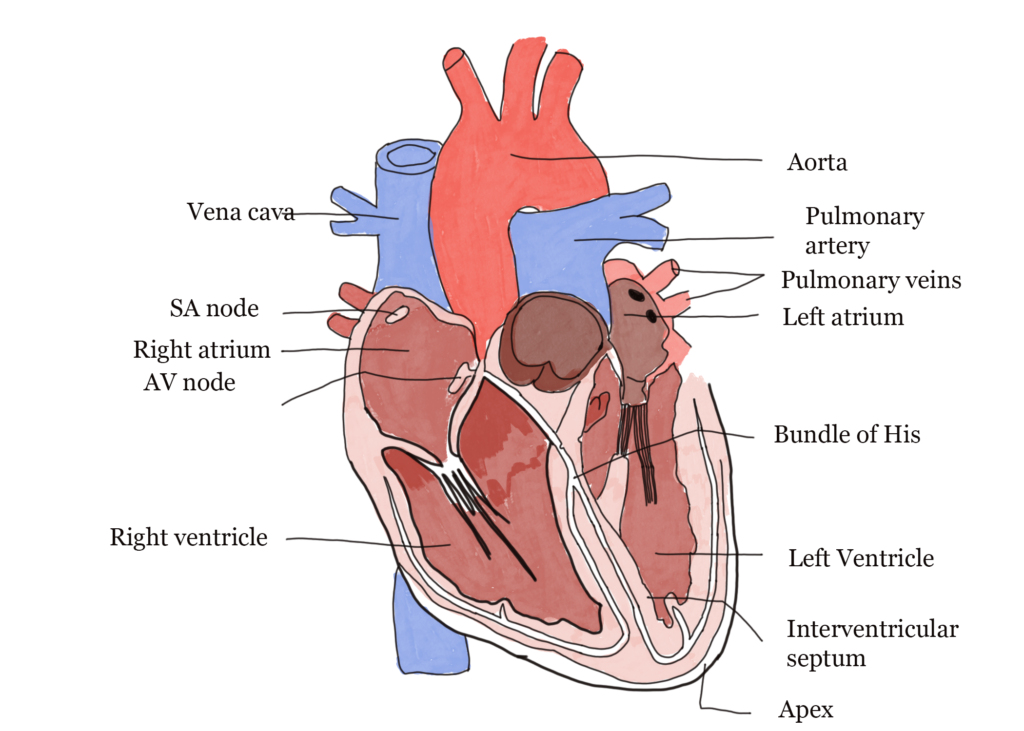
Human Circulatory System Gcse Biology Revision Notes

Compare Contrast Open Closed Circulatory Systems Video Lesson Transcript Study Com
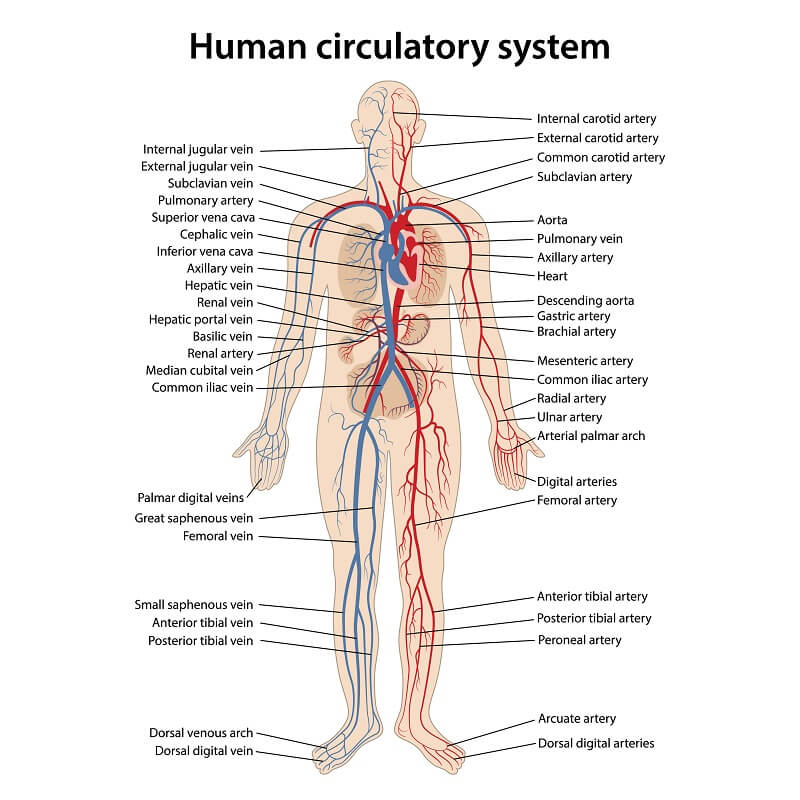
Circulatory System The Definitive Guide Biology Dictionary
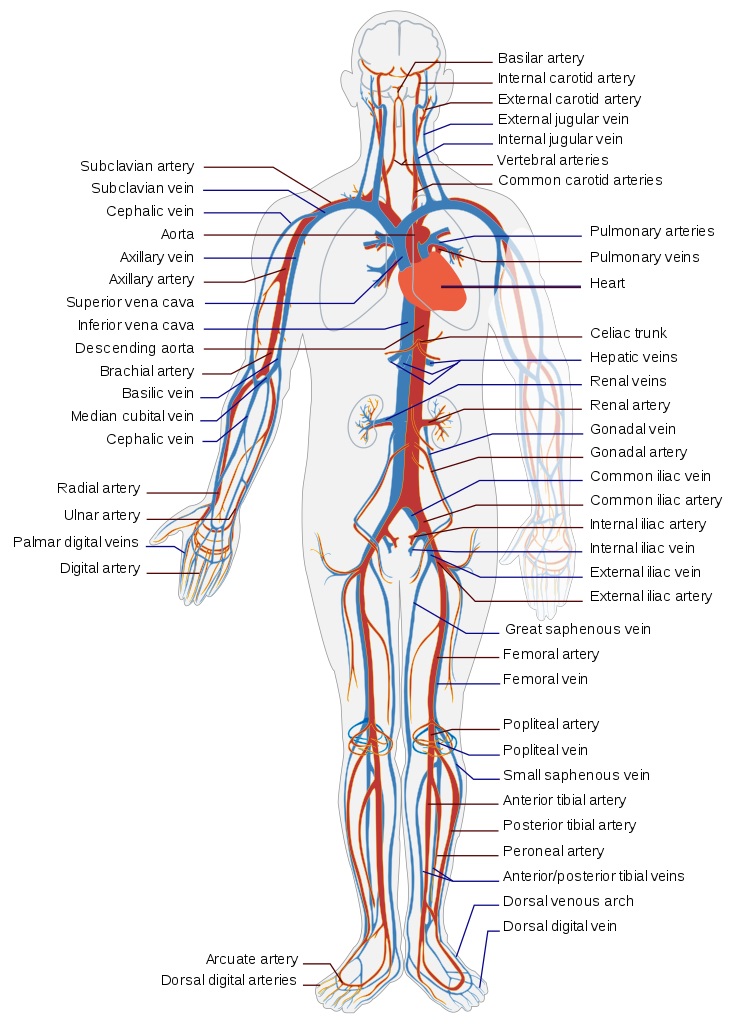
Open Vs Closed Circulatory System Biology Dictionary

Vascular System Plant Physiology Britannica

Circulatory System Functions Parts Facts Britannica

Overview Of The Circulatory System Boundless Biology
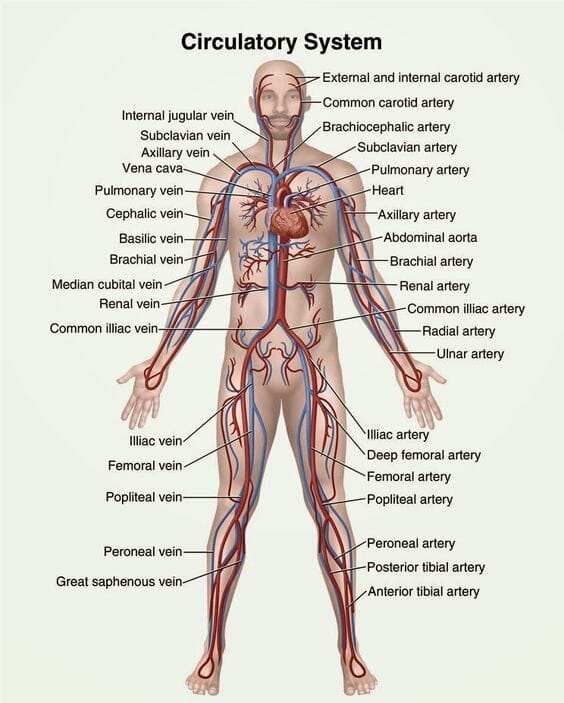
20 Fun Facts About The Circulatory System Biology Dictionary

1 The Circulatory System From Tortora And Anagnostakos 1990 Download Scientific Diagram
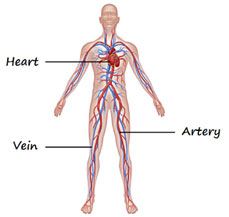
Introduction To Circulatory System The Biological Circuit
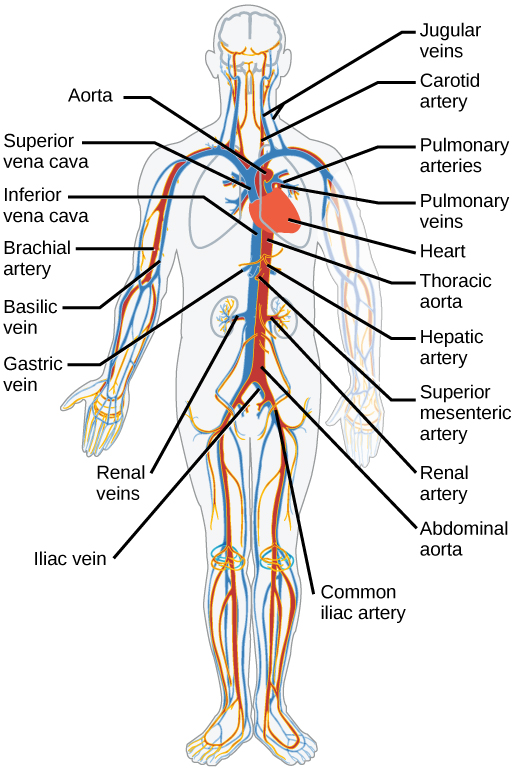
3 2 Circulatory Systems Introductory Animal Physiology

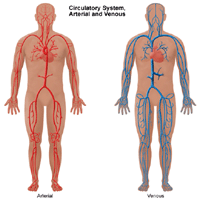
Post a Comment for "Biology Definition Vascular System"